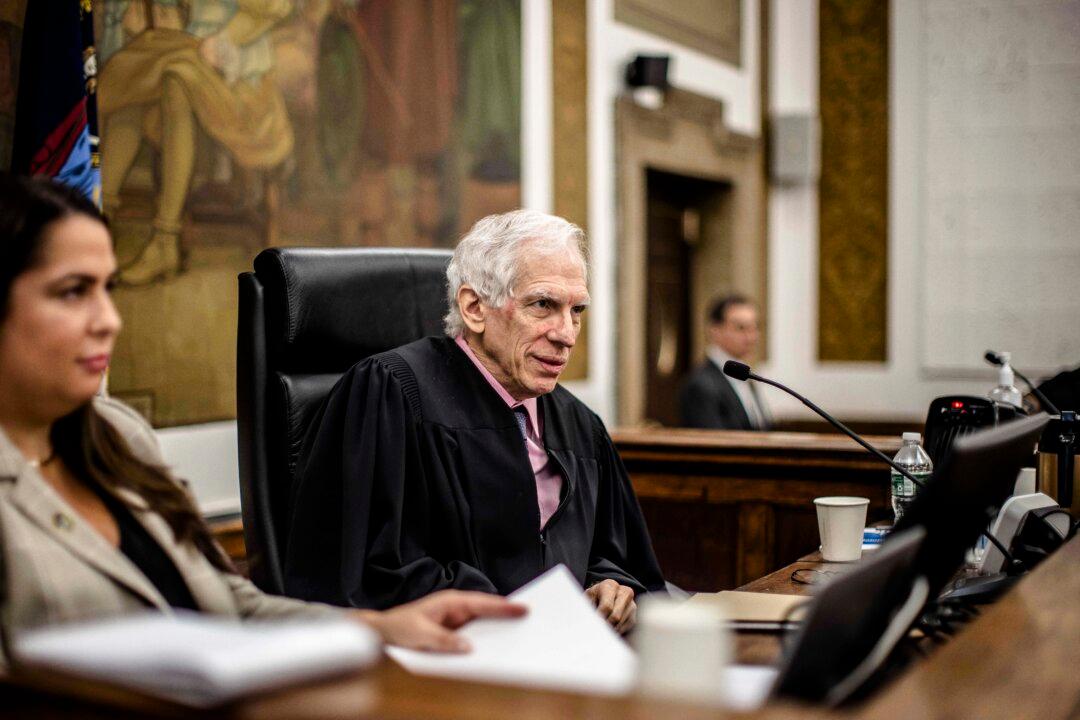NEW YORK—Manhattan Supreme Court Judge Arthur Engoron on Friday denied a motion from counsel for New York Gov. Kathy Hochul to toss out two lawsuits brought by plaintiffs charging that the governor’s pause on congestion pricing in the city oversteps legal bounds.
The judge announced his decision in a courtroom at 60 Centre St. in Lower Manhattan after roughly two and a half hours of oral arguments and responses from attorneys representing the governor and the plaintiffs, respectively. Several independent sources also spoke to reiterate points they had made in their amicus curiae (“friend of the court”) briefs.





